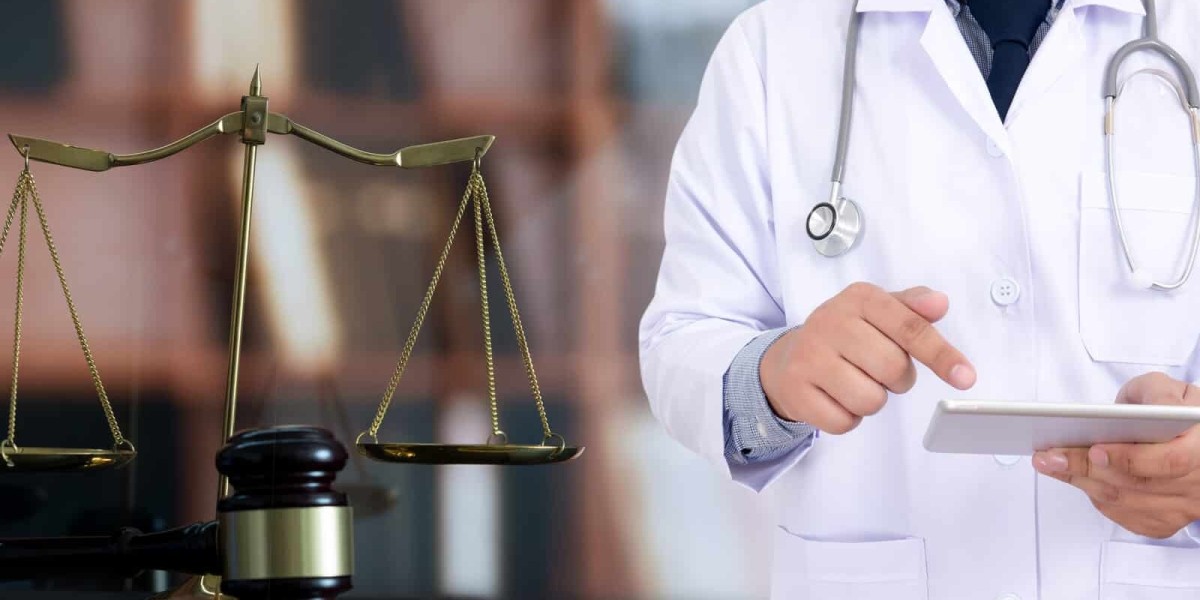An expert medical witness plays a pivotal role in the intersection of law and medicine, offering specialized medical knowledge to assist in the resolution of legal disputes. Whether the case involves medical malpractice, personal injury, wrongful death, or other areas where health and medical issues are critical, the expert medical witness provides objective, fact-based testimony to guide legal professionals, judges, and juries through complex medical information. This expertise is crucial in helping courts reach fair and informed decisions in cases that hinge on medical facts.
What is an Expert Medical Witness?
An expert medical witness is a healthcare professional with specialized training and expertise in a particular area of medicine, who is called upon to provide their professional opinion and testimony in a legal case. Their primary function is to help explain medical concepts, standards of care, causation, and treatment options in ways that are understandable to those without a medical background. These experts may be doctors, surgeons, nurses, or other healthcare providers with years of experience and advanced training.
Unlike fact witnesses, who testify about what they have personally observed, expert medical witnesses provide opinion-based testimony. Their opinions are based on their medical knowledge, experience, and the evidence available in the case, which can include medical records, test results, and treatment history.
Key Responsibilities of an Expert Medical Witness
- Providing Expert Testimony
The most visible role of an expert medical witness is offering testimony in court. This testimony is used to help explain medical issues that are central to a case, especially when those issues are too complex for the average person to understand. For example, in a medical malpractice case, the expert may testify about the standard of care expected from healthcare providers and whether the defendant met that standard.
The expert must present their testimony in a way that is both clear and accessible to the court, simplifying complex medical terminology for the judge and jury. In doing so, the expert helps ensure that the medical facts are properly understood and considered in the context of the case.
- Reviewing and Analyzing Medical Evidence
Before testifying, an expert medical witness often reviews the available medical evidence, including medical records, diagnostic reports, imaging studies, and other relevant documents. This review helps the expert form an opinion about the medical facts of the case, such as whether a certain injury was caused by an accident, whether medical treatment was appropriate, and whether the standard of care was met.
For instance, in a personal injury case, an expert may be asked to examine medical records to determine the severity of an injury and whether it could be reasonably linked to the incident in question. In a medical malpractice case, the expert may evaluate whether a healthcare provider's actions deviated from established medical standards and whether this deviation contributed to harm.
- Establishing the Standard of Care
In medical malpractice cases, one of the critical duties of the expert medical witness is to assess whether the healthcare provider adhered to the standard of care. The standard of care refers to the level of treatment and services that a reasonably competent healthcare provider, in the same medical field and geographic region, would have provided under similar circumstances.
The expert must analyze the facts of the case and determine whether the defendant's actions (or inactions) were consistent with what other professionals would have done in the same situation. This can involve reviewing medical procedures, comparing them with accepted practices, and determining whether the standard of care was breached.
- Causation and Prognosis
In many cases, expert medical witnesses are asked to testify on the causation of injuries or conditions. They may be required to determine whether a particular event, such as an accident or medical procedure, caused a specific injury or condition. Additionally, the expert might offer insight into the long-term effects of the injury, providing a prognosis for the plaintiff's future health.
For example, in a personal injury case, an expert may explain the extent of the injuries sustained and the potential future medical treatments required. In wrongful death cases, an expert may offer opinions about the cause of death and whether the medical treatment or lack of it contributed to the fatality.
Ethical Responsibilities of Expert Medical Witnesses
Medical expert witnesses must uphold the highest ethical standards, ensuring that their testimony is truthful, objective, and based on sound medical principles. They must avoid any conflicts of interest, disclose any financial relationships with the parties involved in the case, and refrain from providing testimony outside their area of expertise.
An expert’s credibility is paramount, and their primary responsibility is to provide an impartial and unbiased opinion. Whether retained by the plaintiff or defendant, the expert is duty-bound to the court and must give an honest evaluation of the facts.
Conclusion
The role of an expert medical witness is integral to the success of many legal cases that involve medical issues. By providing specialized knowledge, objective testimony, and expert analysis of medical evidence, these professionals help ensure that the legal process is based on accurate, reliable, and scientifically sound information. Whether providing testimony in court, reviewing medical records, or assessing the standard of care, expert medical witnesses play a crucial role in helping courts understand complex medical matters and arrive at just decisions. Their expertise not only aids in the resolution of individual cases but also contributes to upholding the integrity of the legal system by ensuring that medical facts are properly considered.









